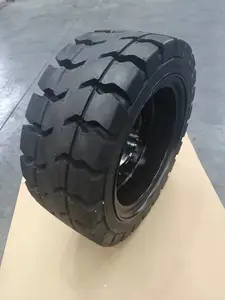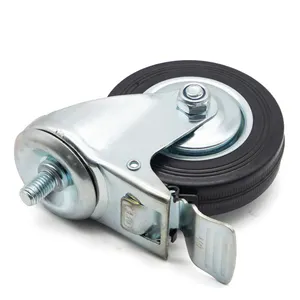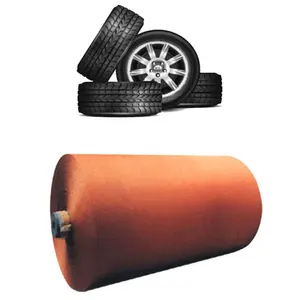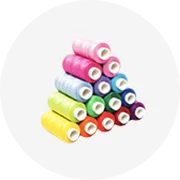Understanding Rejected Tires
Within the automotive industry, rejected tires refer to those that do not meet the quality standards set by manufacturers or regulatory bodies. These tires may have minor aesthetic flaws, irregularities in tread patterns, or other defects that, while often not affecting the safety of the tire, prevent them from being sold as first-quality goods. It's important for buyers to understand the nature of these products to make informed purchasing decisions.
Types and Features of Rejected Tires
Rejected tires can come in various forms, including passenger, truck, and specialty tires. Each type may have specific features such as all-season tread patterns or reinforced sidewalls, but they share the commonality of not passing quality control checks. These tires are often categorized based on the type and severity of the defect, which can range from cosmetic blemishes to more significant issues that could affect performance.
Applications of Rejected Tires
The application of rejected tires varies widely. They are frequently used in situations where the highest standards of performance are not necessary, such as for agricultural equipment, off-road vehicles, or as spare tires. In some cases, they may be retreaded or repurposed for different uses, contributing to environmental sustainability by reducing waste.
Materials and Sustainability
Rejected tires are composed of the same materials as their first-quality counterparts, typically a blend of natural and synthetic rubber, fabric, wire, and other chemical compounds. The focus on sustainability has led to an increase in the recycling and repurposing of these tires, minimizing the environmental impact and providing an eco-friendly option for buyers concerned with sustainable practices.
Advantages of Purchasing Rejected Tires
Purchasing rejected tires can offer several advantages, including cost savings and environmental benefits. For businesses that do not require top-tier tire performance, these products can provide a functional and budget-friendly alternative. Additionally, by utilizing these tires, companies can support recycling efforts and contribute to a circular economy.
Considerations for Buyers
Buyers should consider the intended use of the rejected tires and assess whether the nature of the defects will impact their application. It is also crucial to understand the lifespan and storage conditions of these tires to ensure they remain in usable condition. While Alibaba.com facilitates the connection between buyers and suppliers, it is advisable for buyers to conduct due diligence on suppliers to ensure they receive products that meet their specific needs.































 浙公网安备 33010002000092号
浙公网安备 33010002000092号 浙B2-20120091-4
浙B2-20120091-4